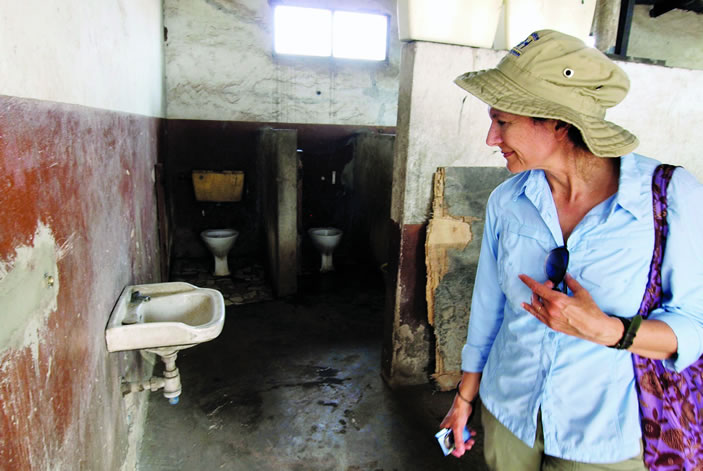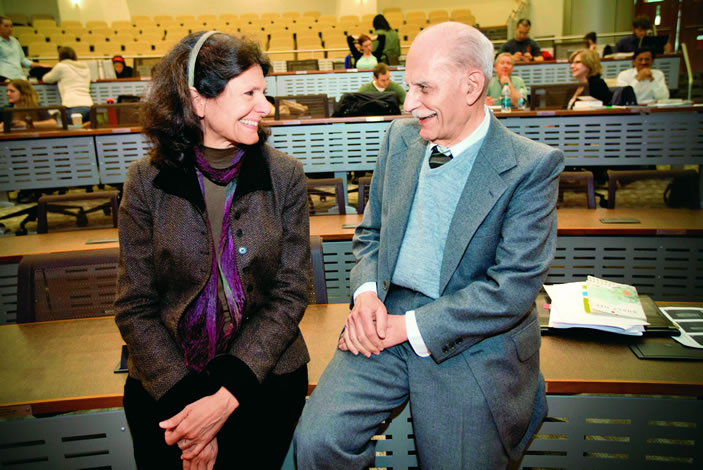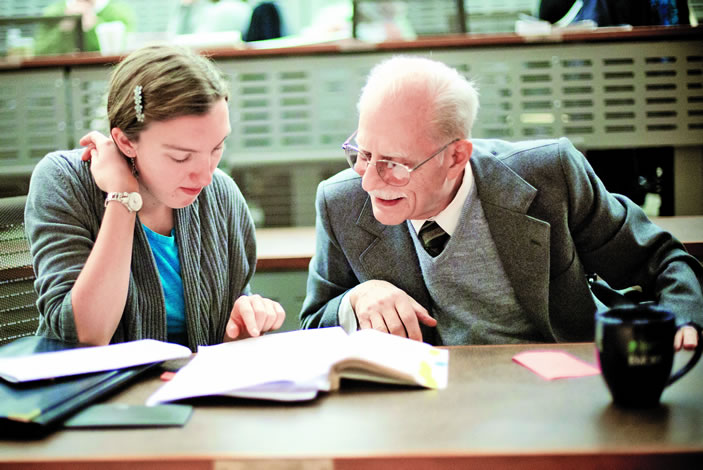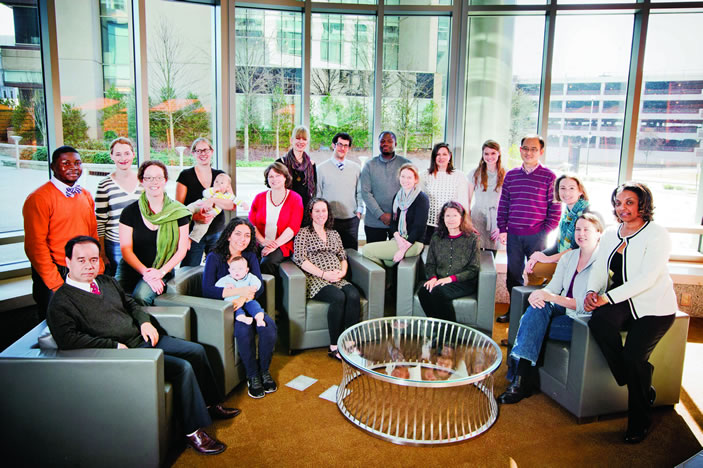Down a short dirt road on the outskirts of Accra, Ghana, sits an abandoned waste water treatment plant.
A few bricks have crumbled. Greenery has overtaken its sides; the metal location sign is long rusted.
Some years ago, this facility was the pride of local residents and the European government that paid to build it. But just three years after it was completed, the main pump broke down. It was fixed using foreign aid money but then broke down again. And was fixed again. And broke down again. Today, it sits as a reminder that aid agencies and nongovernmental organizations (NGOs), despite good intentions, may need more scientific information and guidance before rushing to complete the next big idea.
What agencies and NGOs need is a trusted adviser, and that's where the Center for Global Safe Water (CGSW) at Emory University comes in. Through its research, the CGSW helps governments and international donors make informed choices so their funding goes further and projects are sustainable. Recently, the center has helped focus attention on serious water and sanitation problems in urban areas in developing countries.
Its faculty and staff, which now number 45, want to take the lead in "figuring out which way to go," says Christine Moe, director of CGSW and the Eugene J. Gangarosa Professor of Safe Water and Sanitation. "It may not always be the obvious choice"—like the waste water treatment plant in Accra.
"I see us as adjudicators for what works or doesn't," says Matthew Freeman 05MPH, assistant professor of environmental health and the Rose Salamone Scholar in Sanitation and Safe Water. "Our role is to provide unbiased evidence on how water, sanitation, or hygiene improvements impact health and well-being. It's not science for science sake—we want to inform policy and practice at the global level."
To help determine what may work in Accra, Moe and Clair Null, assistant professor in global health and environmental health, are first identifying patterns in how residents are exposed to contamination in their environment. Their research team of Emory and Ghanaian collaborators is sampling water, surfaces, food, and soil around the city, including public latrines, schools, open drains, and the beach, all of which frequently are contaminated by excreta. Researchers also are studying people's behavior. Where and what do they use as toilets? What are they touching? With the results, the team hopes to characterize exposure and risk.
"We are breaking new ground in urban, low-income communities," Moe says. "Most NGOs have concentrated on bringing water access to rural areas. But the latest statistics from 2008 show that more people now live in cities. There are very few studies of water and sanitation problems in cities in the developing world."
Study findings in Accra will help local policy-makers and international donors determine how to make the most effective investments in sanitation for this rapidly growing city of 4 million people, Moe says. The study is funded by the Bill & Melinda Gates Foundation.




